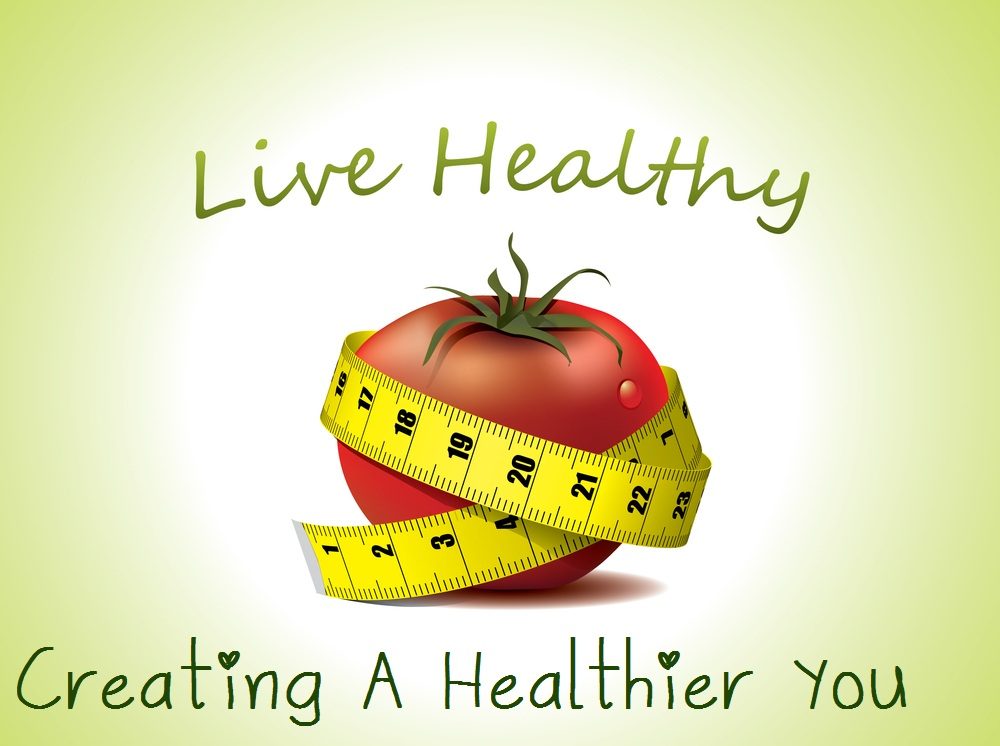With nearing end of 2020, it’s time for New Year’s resolutions, particularly those about our health. Forty-five times of young people die of chronic diseases linked to a diet containing animal products, sugar and salt. Sedentary lifestyle, in adequate sleep and stress are factors that need to be taken under control for long lasting health benefits.

![]()
Resolve to go vegan: Hardly a month goes by without a study linking consumption of animal products with obesity, high blood pressure, diabetes, heart disease, stroke and certain cancers. No reputable study has ever shown an opposite result. Let this New Year’s resolution be about exploring the rich variety of plant-based entrees, lunch meats, cheeses, ice creams and milks in our supermarket. Veganism is a type of vegetarian diet that excludes meat, eggs, dairy products and all other animal-derived ingredients with focus on grains, beans, legumes, vegetables and fruits and the nearly infinite number of foods made by combining them.
![]()
Weigh Yourself Once a Week: If you want to lose weight, it’s best to weigh yourself every day. But if you weigh yourself only once a week, do it on Wednesday because that will give you the most accurate reading. A new study in PLOS ONE showed that the more frequently dieters weighed themselves the more weight they lost, and if participants went more than a week without weighing themselves, they gained weight.
![]()
Sleep Well: Not sleeping enough seems to be associated with metabolic changes that can lead to overeating and obesity. Studies where sleep restriction in the laboratory was done, subjects tended to have metabolic changes and alterations of glucose metabolism that might lead to their becoming obese in the future. Sleeping too little can also contribute to weight gain by putting undue stress on the body. The body sees sleep deprivation as a state of stress; cortisol is the stress hormone. Cortisol causes, in turn, the release of insulin and insulin is a storage hormone that promotes fat storage. To make sure you get a restful sleep in 2015: Make sure your sleep room is dark. Consider darkening curtains to make sure that early morning sunlight doesn’t interrupt your sleep, Avoid eating or exercising too close to bedtime, as this can interrupt sleep, Wind down before bedtime to get your mind and body ready to sleep. Try taking a bath, turning off the TV or dimming the lights to let your body know to start preparing for sleep, Avoid caffeine and alcohol close to bedtime.

![]()
Lift weight for 20 minutes daily: Aging is associated with sarcopenia or the loss of skeletal muscle mass, relying on body weight alone is insufficient for the study of healthy aging, Measuring waist circumference is a better indicator of healthy body composition among older adults. Engaging in resistance training or, ideally, combining it with aerobic exercise can help adults lessen abdominal fat while increasing or preserving muscle mass.
![]()
Breathe Well: According to research studies, on an average, a person weighing 70 kg will exhale around 200 ml of CO2 in 12 breaths each minute. The authors calculate that each breath contains 33 mg of CO2, with 8.9 mg comprised of carbon. A total of 17,280 breaths during the day will get rid of at least 200 g of carbon, with roughly a third of this weight loss occurring during 8 hours of sleep. The carbon that is lost through exhalation is only replaced through the consumption of food and beverages such as fruit juice, milk and soft drinks. “Keeping the weight off simply requires that you put less back in by eating than you’ve exhaled by breathing,” state the authors.
![]()
Buy fewer pre-packaged baked goods: including cakes, cookies, pies and donuts. The researchers, led by Kevin C. Mathias from the University of North Carolina, noted that ready-to-eat grain-based desserts (RTE GBDs) are a major contributor of energy, sugar and saturated fat to our diets, which likewise contributes to obesity.
![]()
See your Doctor: Research results have shown patients who receive routine health checks are just as likely to die over a nine-year period compared with those who did not receive health checks. It’s about establishing a relationship with someone who cares about, and can help you with, your health. You may not need to see a doctor when you’re healthy, but when you come down with a nasty bug or mysterious ache, you’ll be glad to have someone with a knowledge of your medical history to turn to. Your relationship with your primary care physician, if well established, can provide peace of mind when you’re not feeling your best. Usually, infants and older people need more frequent preventive visits, but frequency also depends on a person’s health conditions. For example, a person with diabetes or a heart disorder (or risk factors for them) may need to have checkups relatively frequently.

![]()
Focus on All areas of your Life. There are a few broad categories you can define goals in professional/work, health and wellness, spiritual, emotional, relationships, and financial.
![]()
Avoid Comparing Yourself to Others: Comparing yourself to others, especially celebrities, is a fine way to throw your self-esteem down the drain as there will always be those who are ‘better’ than you, and those who are ‘worse’ than you. In the end you will most likely end up wishing you were different with thoughts of worthlessness. It takes you nowhere, wastes a lot of time, and puts you in a psychologically terrible place. You are unique and special and love yourself, just the way you are.
![]()
List the Right Reasons for Making Changes.Why do you want to get healthier in the new year? Find a stronger reason, maybe you want to do it for your kids or avoid health problems, whatever your reasons write them down and go back and examine them when you find yourself struggling.
Wising you a Happy & Healthy 2021.
Disclaimer
The Content is not intended to be a substitute for professional medical advice, diagnosis, or treatment. Always seek the advice of your physician or other qualified health provider with any questions you may have regarding a medical condition.



